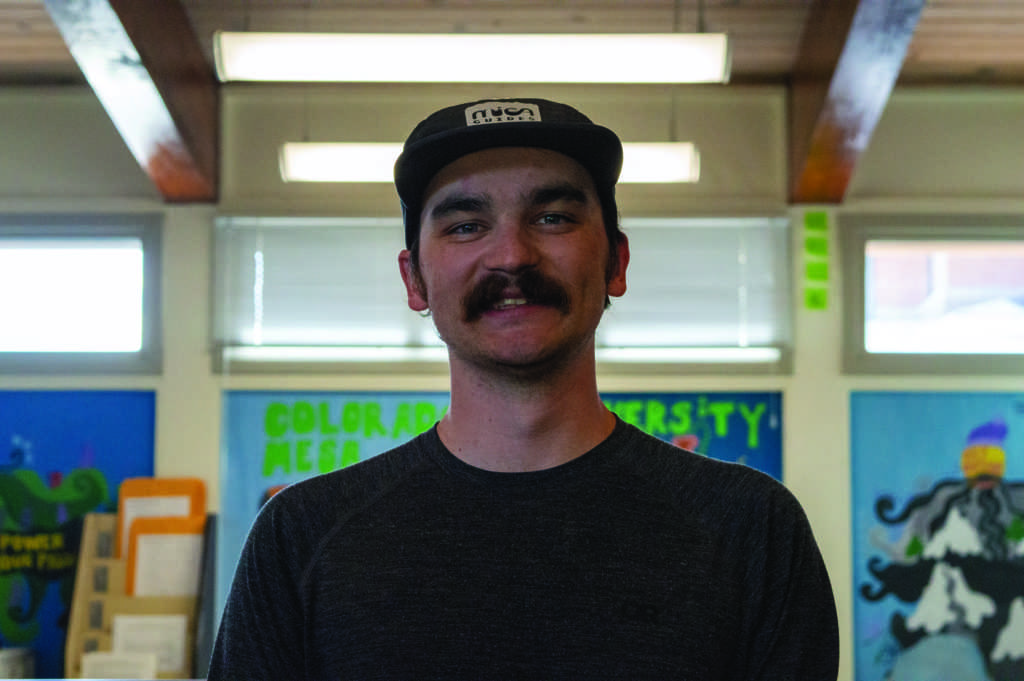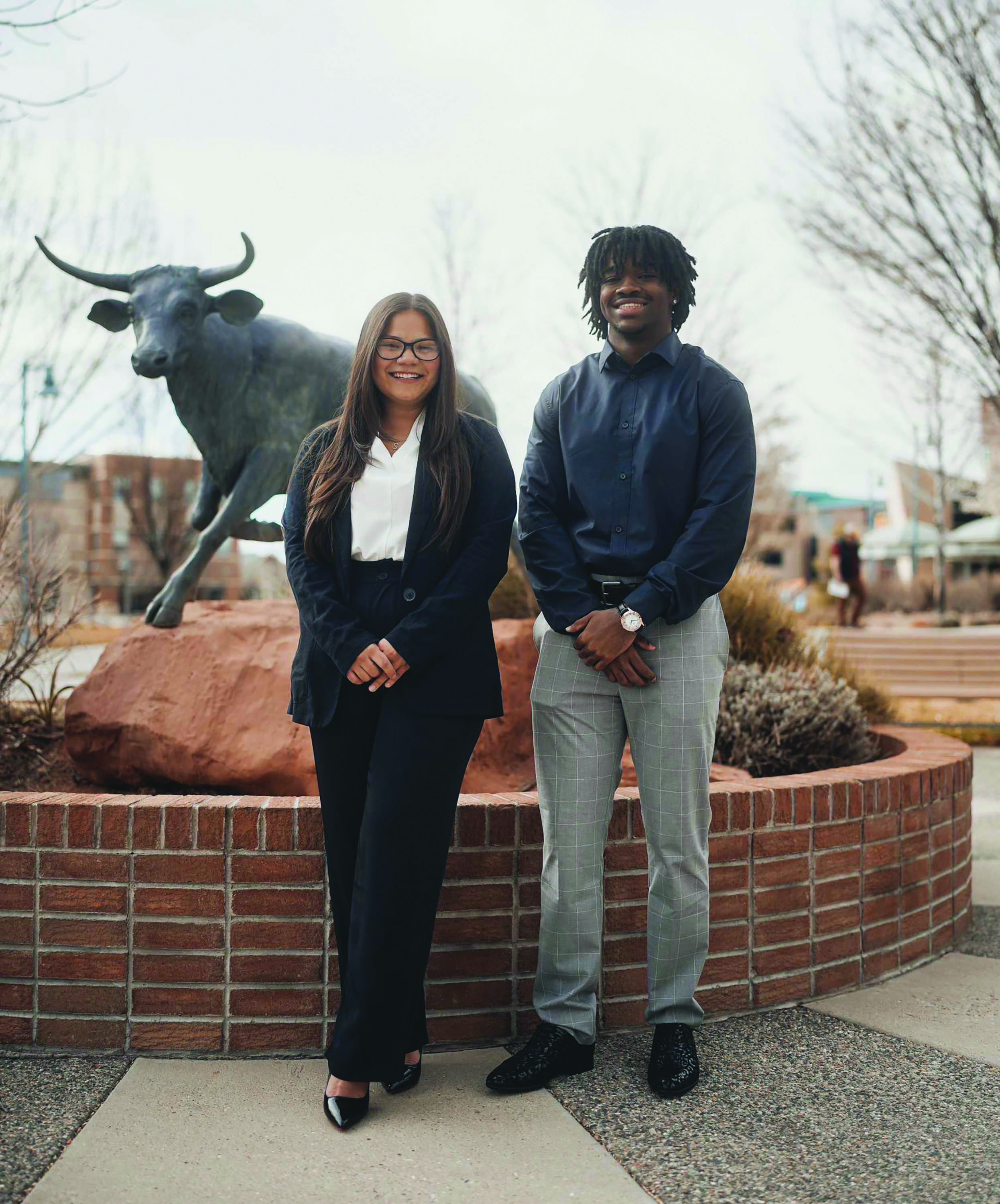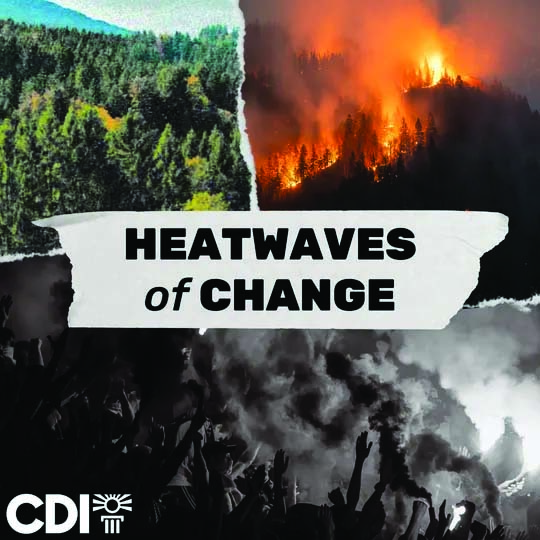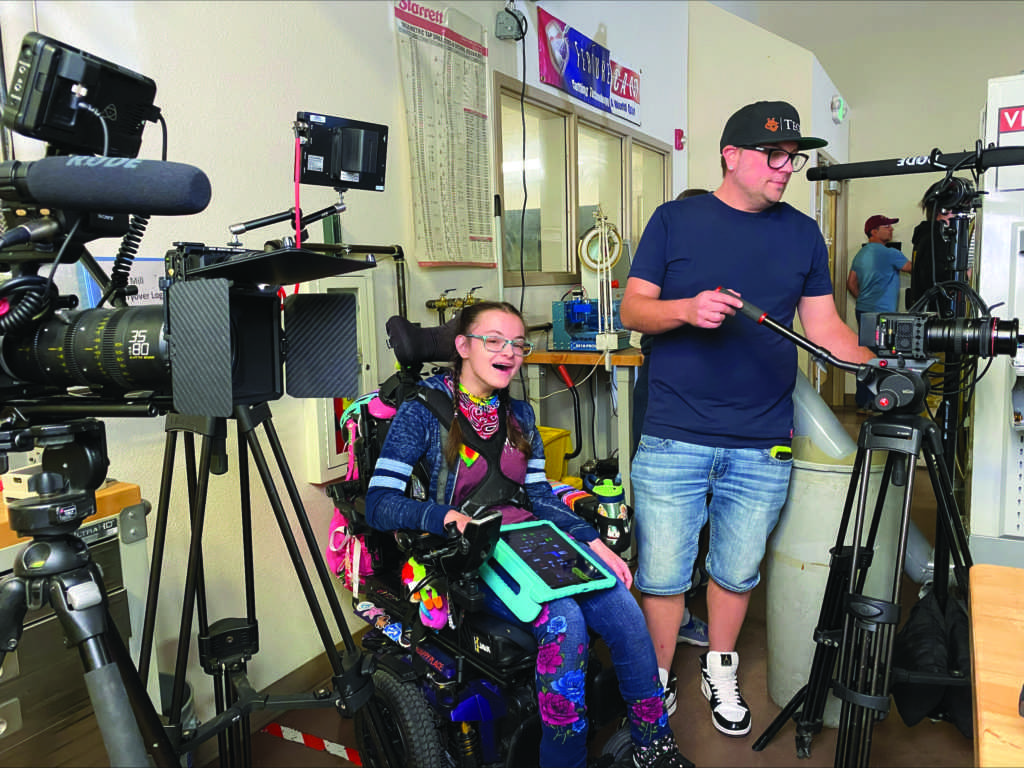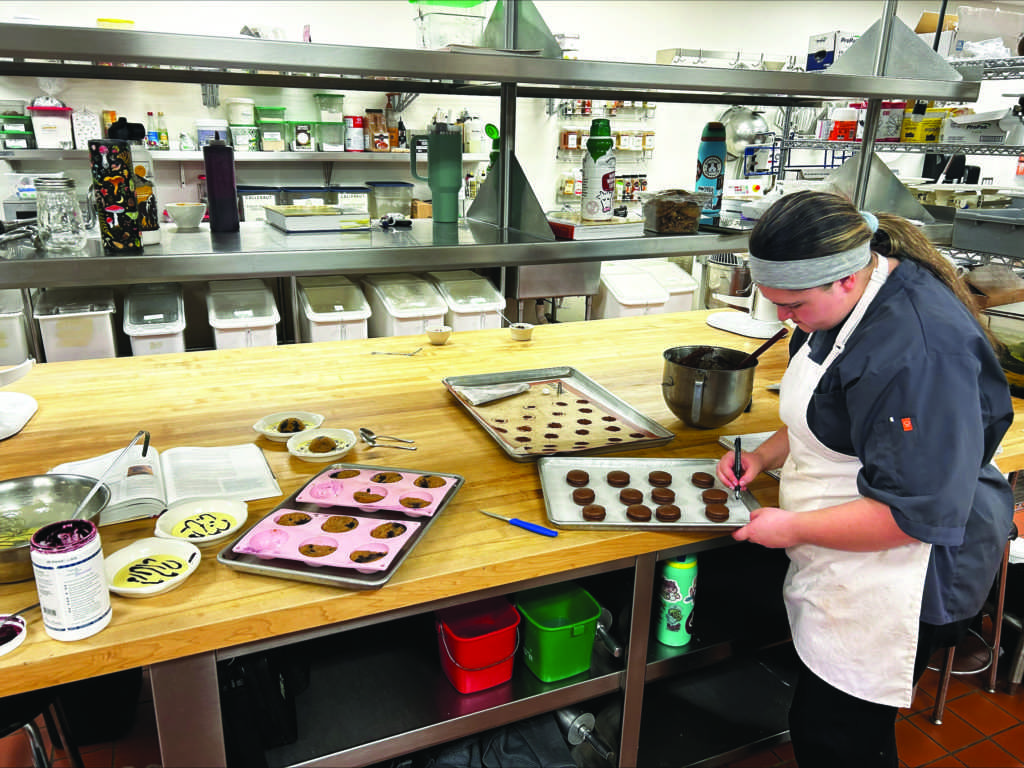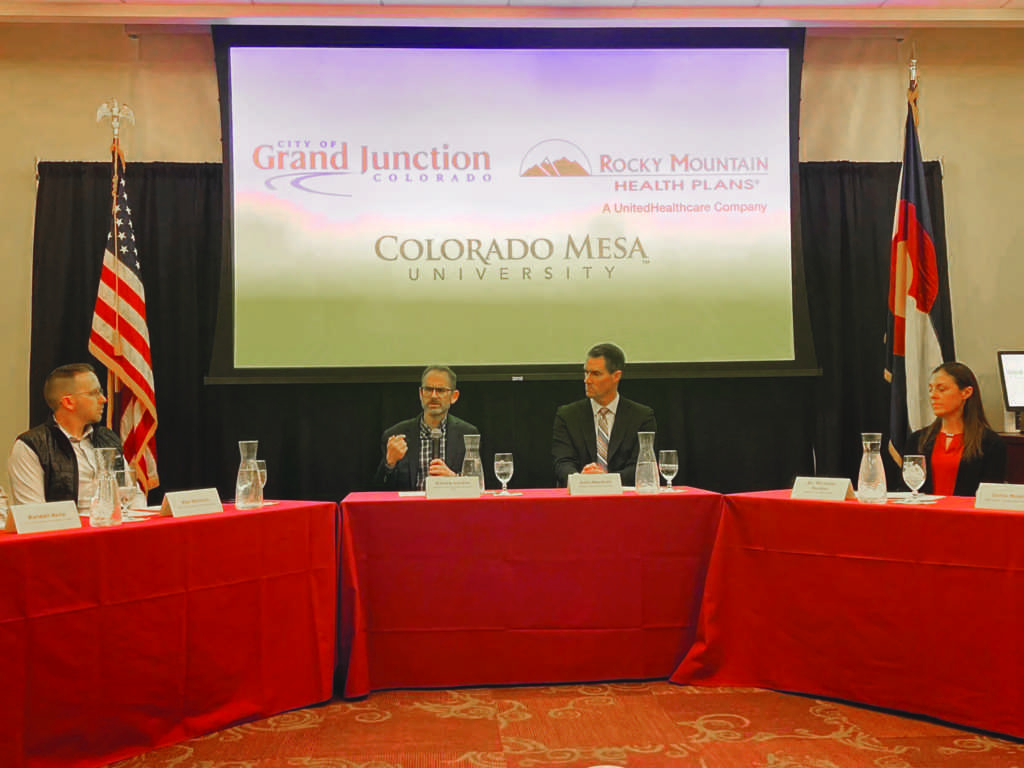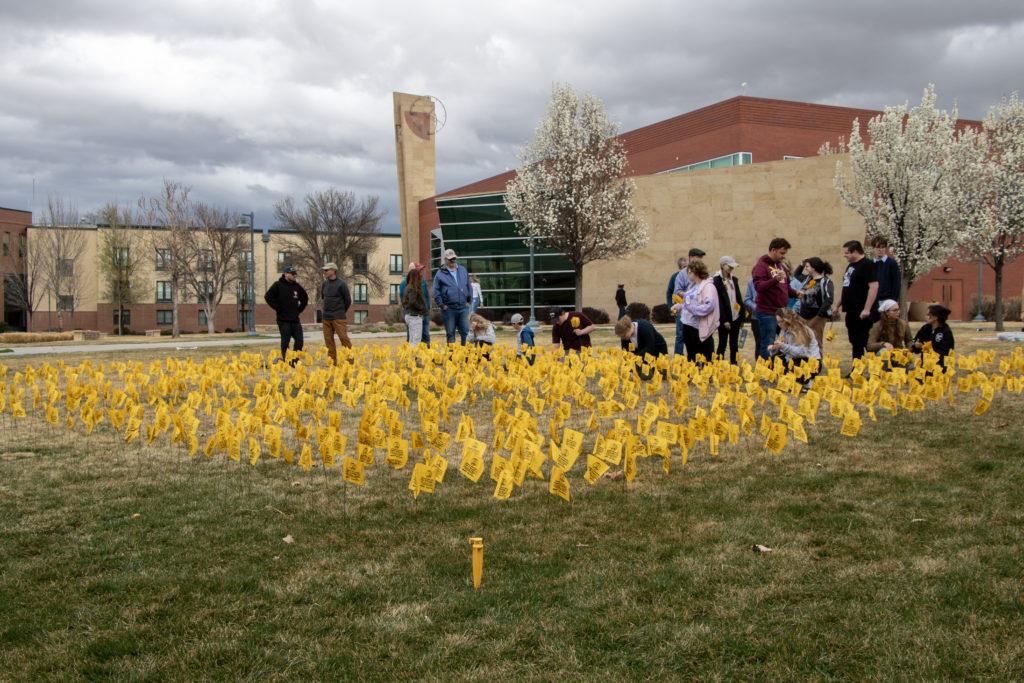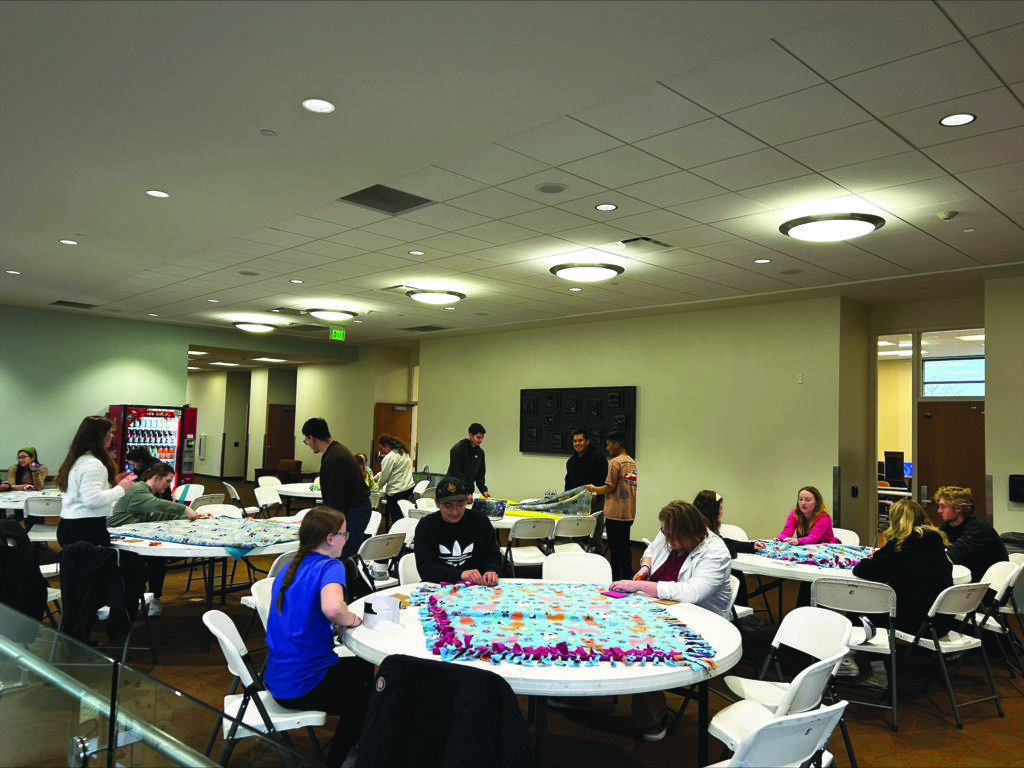“2020 strikes again.”
It’s become a bit of a meme that 2020 is a never-ending disaster movie. What do the screenwriters have cooked up for us next week?
This uncertainty has led to a more than 30% increase in signs of depression in the United States since the pandemic started, according to the Los Angeles Times.
“I think COVID is definitely having some impact on our students and well-being of the faculty,” Colorado Mesa University (CMU) engineering professor Christopher Penick said. “Everybody’s kind of on edge with, ‘I got a sniffle, I’ve got a cough, sneeze, whatever. Should I call in? Should I not? What should I do?’ So I mean, that’s an extra burden that everybody’s faced with.”

College will always be a major change for students, parents and even novice faculty alike, and for many, coronavirus has amplified these changes.
“I don’t necessarily worry about getting [COVID-19] or whatnot, the bigger issue that has been created is the learning environment changes, like being able to actually go to class,” CMU freshman economics major Nathan Theodorovic said. “I think education-wise, that’s the big thing.”
Even for healthy members of CMU, COVID-19 has still drastically altered daily life for everyone at CMU, which can be more of a daunting task for some than others.
“I think that depending on how people can adapt, change, based on situations has definitely affected their mental health for those people who have issues,” Theodorovic said. “Not being able to actually go to class, especially for incoming freshmen, when it’s already so different from high school, kind of makes the transition even harder.”
The global pandemic has even found its way to influence those seasoned and returning to CMU.
“For engineering students, especially at the level I see them, I usually see them in their junior year and senior year when they’re deep into their stuff, their program and higher-level courses,” Penick said. “So it can be already pretty daunting coursework, and then to add this on top; There are definitely some people struggling and not getting their homework in.”
There are many ways to cope with the changes and negatives brought about.
“I definitely spend a lot of time in the library. I try and do a lot of my studying outside of my room so that I can get out of there and be in different places because then it just helps to give your body a little bit of a refreshing scenery change,” Theodorovic said.
Practical ways to cope are often a primary suggestion for those struggling, as it often takes the problem at hand and works to dilute it.
“Well, the coping mechanisms that I know a lot of us are using is doing what we can to prevent transmission,” Penick said. “So washing hands, wiping down all the surfaces.”
Some people, however, function and feel much better using distracting coping methods.
“I definitely like trying my best to hang out with my friends as much as possible,” Theodorovic said. “Being able to talk to people and spend time doing things that have absolutely nothing to do with school, or whatever you have to do job-wise, just hanging out or taking a walk around campus. Just getting out and doing things.”
While there can be an ongoing stigma around mental health, and one may have trouble reaching out to talk to someone, especially because of the tough times everyone is going through, it is important to take care of oneself.
“Definitely seek help,” Penick said. “I mean, without a doubt, do it. There’s no shame in it. No shame at all.”
“Everybody has stuff, they deal with different varying degrees and everyone deals with some level of anxiety and stress,” Theodorovic said. “Everyone gets sad occasionally. It’s just for some people, it’s worse. But that doesn’t make them different or worth less than anybody else.”





